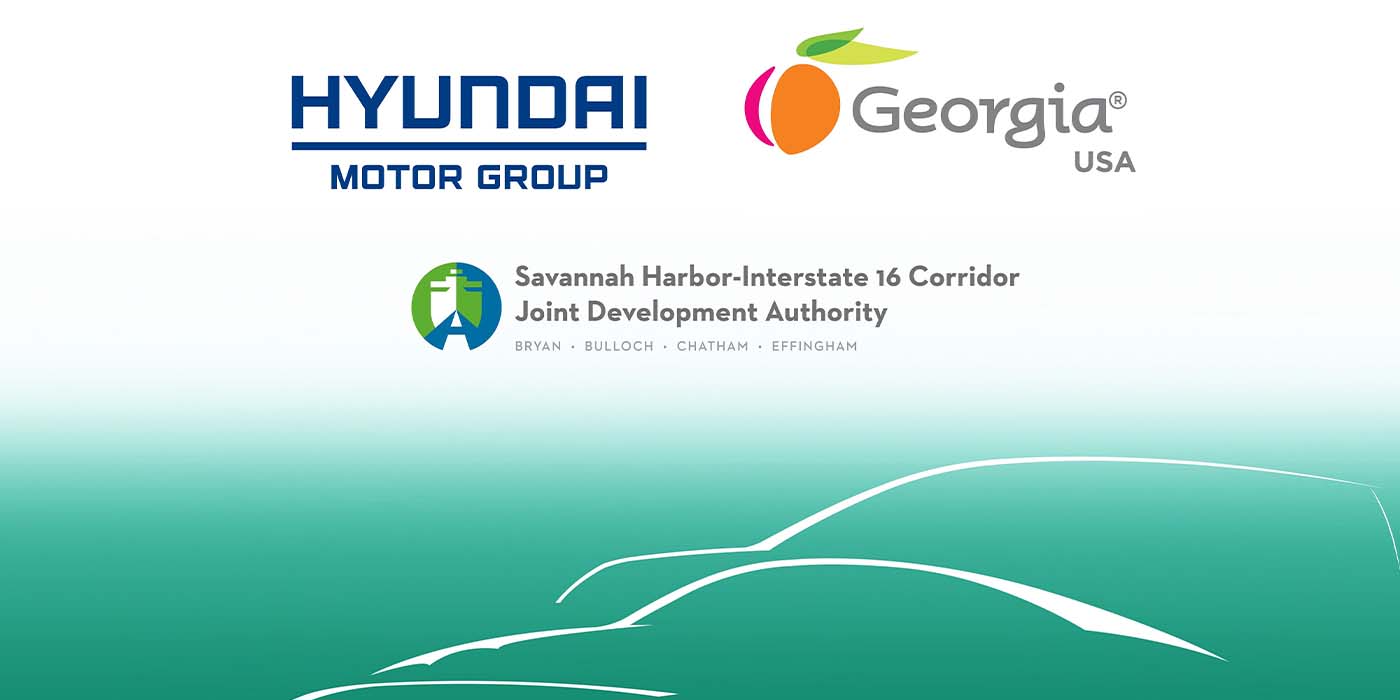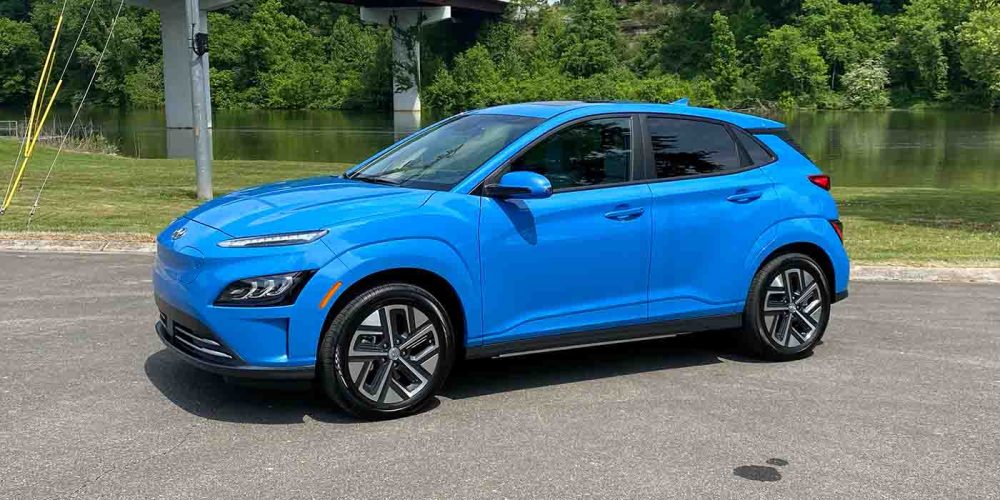
Following rumors circulating earlier this month, Hyundai Motor Group has officially signed an agreement with the state of Georgia to invest $5.5 billion in new facilities dedicated to EV and battery manufacturing. When complete, these new facilities will be Hyundai’s first EV-specific manufacturing on US soil and will produce a wide range of upcoming electric models.
One year ago, we covered news that Hyundai Motor Group (HMG) planned to spend $7.4 billion to produce future EVs and grow its production facilities in the United States. At the time, the Group responsible for such marques as Hyundai, Kia, Genesis, and now IONIQ was planning to closely monitor US market conditions and government policy surrounding EV implementation to help decide where it would inevitably set up its EV shop.
Hyundai Motor Company has manufactured its US vehicles in Montgomery, Alabama, since the mid-2000s and Kia’s manufacturing facilities are about 80 miles down the road and across state lines in West Point, Georgia.
Earlier this month, rumors had begun to circulate that HMG had chosen Georgia as its new home for EV dedicated manufacturing. However, the South Korean conglomerate would only confirm the facilities would be in the United States, despite evidence of being in advanced discussions with officials from The Peach State.
Following an announcement today, Hyundai Motor Group has in fact signed a contract to erect EV facilities in coastal Georgia, breaking ground early next year.

Hyundai to invest over $5.5 billion in new US EV facilities
The Group shared news of its signed agreement in a press release today, following a ceremony held in Bryan County attended by Georgia Governor Brian P. Kemp and Hyundai Motor Company president and CEO, Jaehoon Chang.
The agreement includes an investment of $5.54 billion from HMG to build EV and battery manufacturing facilities in eastern Georgia, approximately 260 miles from the Kia plant in West Point. The project is expected to break ground in early 2023 and begin commercial production by 2025 with an annual output of 300,000 EVs.
Hyundai states that the battery manufacturing facility will be developed through a strategic partnership to be disclosed at a later date. The project as a whole is expected to create over 8,000 jobs for Georgia residents. Here are some additional tidbits:
- With the new EV and battery production facilities, Hyundai Motor Group aims to become one of the top three EV providers in the US by 2026.
- The new EV plant will be home to a highly connected, automated, and flexible manufacturing system.
- HMG plans to implement many of its advanced intelligent manufacturing technologies currently being tested at the Hyundai Motor Group Innovation Center in Singapore (HMGICS).
- All processes of production including order collection, procurement, logistics, and production will be optimized utilizing AI and data, and human workers will have robotic assistance.
- The plant will mainly rely on renewable energy sources for power and use emission-reduction technologies to meet the RE100 requirements.
So which EVs are going to be built at these new facilities? That’s a great question, but one we will have to wait a bit longer to have answered. Hyundai Motor Group is not disclosing which specific EV models will be produced in Georgia, but as it continues to transition to EVs across all its marques, it’s fair to wager that Hyundai, IONIQ, and Kia EVs will be built at the new facilities.
Genesis vehicles are currently manufactured in South Korea, but that could change given the new EV footprint planned for Georgia, especially as that brand goes all-electric as well. Georgia is becoming a new EV hub in the United States as Hyundai is joining Rivian with facilities in the state.
The fellow EV automaker is currently developing a 20 million square-foot manufacturing site 30 minutes east of Atlanta and just recently qualified for $1.5 billion in state incentives. It’s unclear at this time what level of incentives Hyundai Motor Group qualifies for in Georgia, but you’d have to suspect they had a large role in the company’s decision to build there.
FTC: We use income earning auto affiliate links. More.



Comments